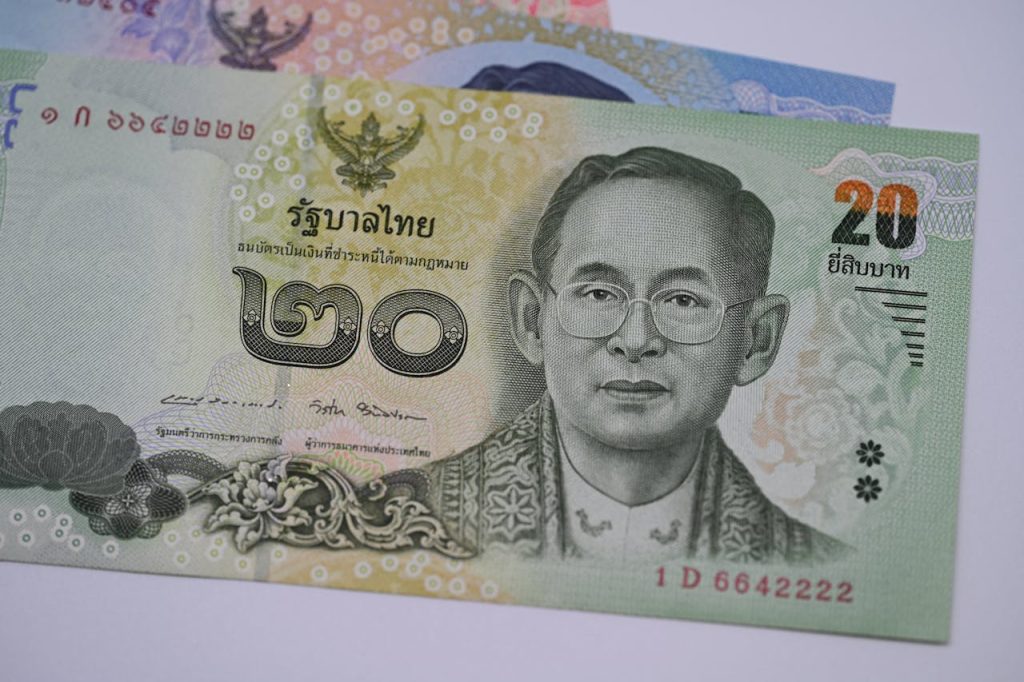In an effort to combat domestic instability and trade-related challenges, Thailand’s central bank resumed monetary easing on Wednesday by lowering interest rates. The central bank acted as the nation faces political unpredictability, slower growth, and muted inflation.
The monetary policy committee of the Bank of Thailand (BOT) unanimously decided to reduce the policy rate from 1.75% to 1.50%. The committee stated in a statement that monetary policy “should be accommodative going forward to boost the economy.” “At the same time, it is important to ensure macro-financial stability, while taking into account the limited policy space,” the BOT said.
Bank of Thailand cuts rates in an attempt to boost the economy
Six out of ten economists polled by The Wall Street Journal anticipated a 25-basis-point cut, noting that weak inflation and slow consumption gave policymakers leeway to ease further.
According to the BOT, the economy will grow by 2.3% this year and 1.7% in 2025. According to these estimates, the United States imposes a reciprocal tariff of 18% on Thai goods and a 10% duty on imports from other countries. In contrast to the 36% tariff President Trump announced in April, Thailand has managed to secure a lower 19% tariff on exports to the United States. Nevertheless, the central bank issued a warning, stating that U.S. trade policies may “exacerbate structural problems and weaken competitiveness.”
“Going forward, the economy is expected to slow down in the second half of the year due to U.S. trade policies, both directly and indirectly, and a decline in short-haul tourist arrivals as a result of intensified regional competition,” the BOT said.
Declining food and energy prices are keeping inflation in check. The bank observed that while global crude oil prices continued to decline, favorable weather conditions had increased the supply of food. Departing BOT Governor Sethaput Suthiwartnarueput presided over his last meeting before leaving at the end of September. On October 1, Vitai Ratanakorn will assume leadership. Instead of lowering debt, analysts anticipate that the next governor will put more of an emphasis on fostering growth.
“This shift will likely be led by the new and incoming BOT Governor, Vitai Ratanakorn, who has been transparent with his dovish bias over monetary policy,” said HSBC economist Aris Dacanay.
Featured Image Credit: Q L; Pexels: Thank you!















